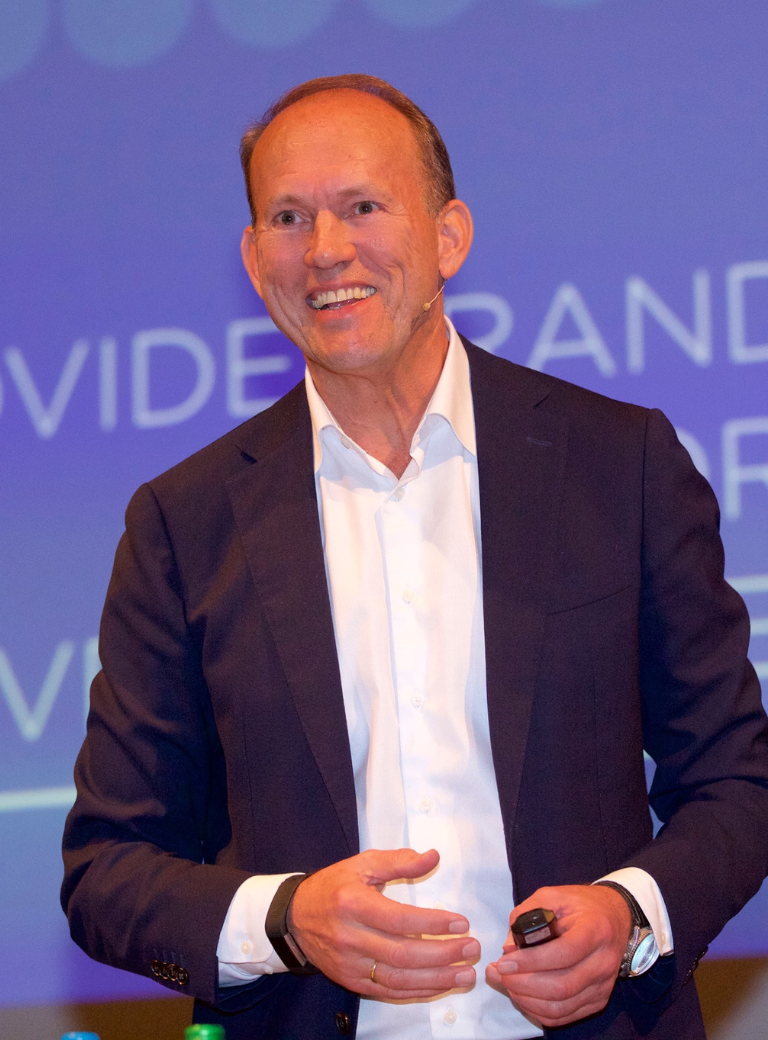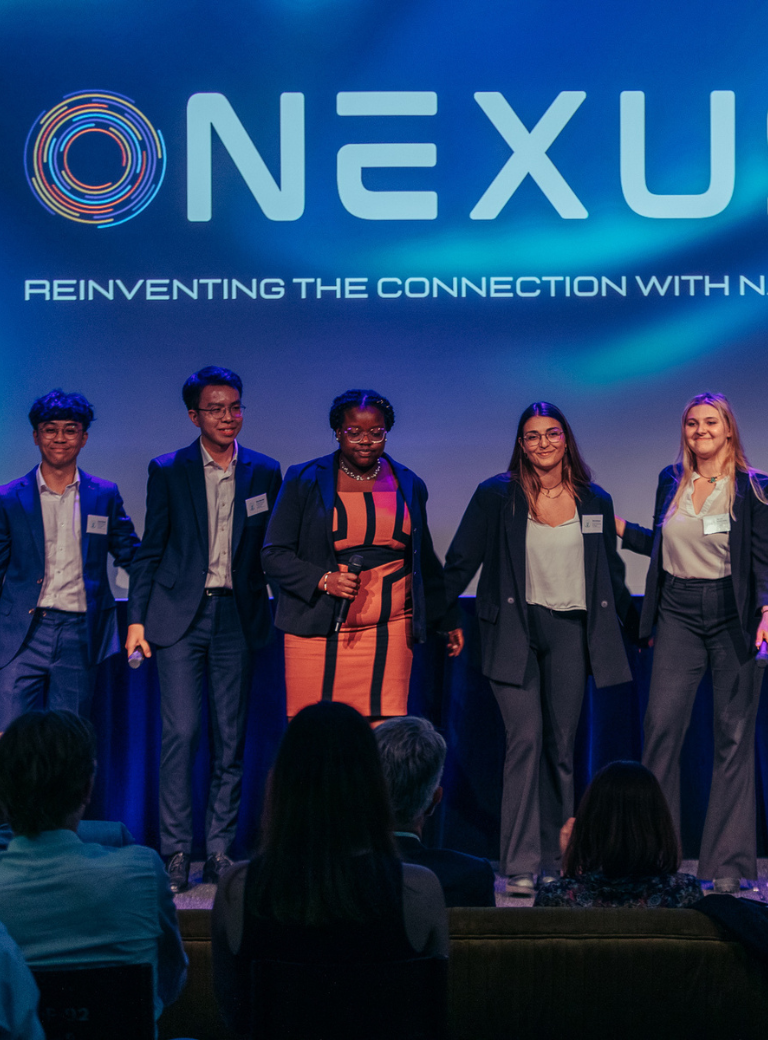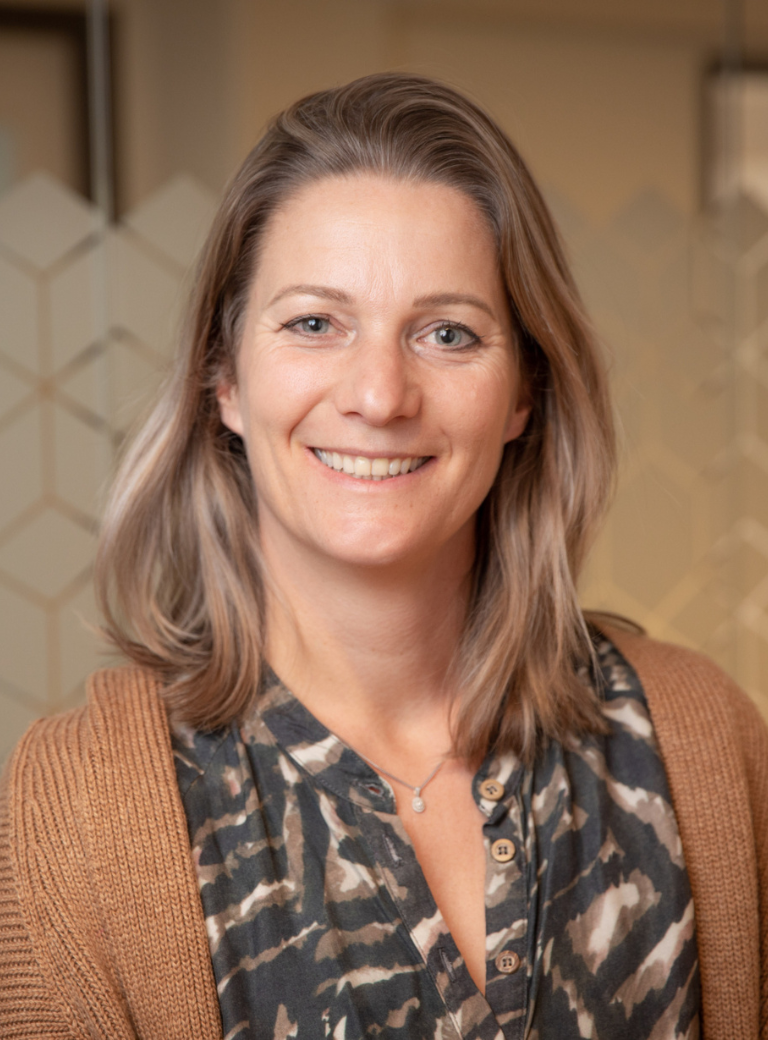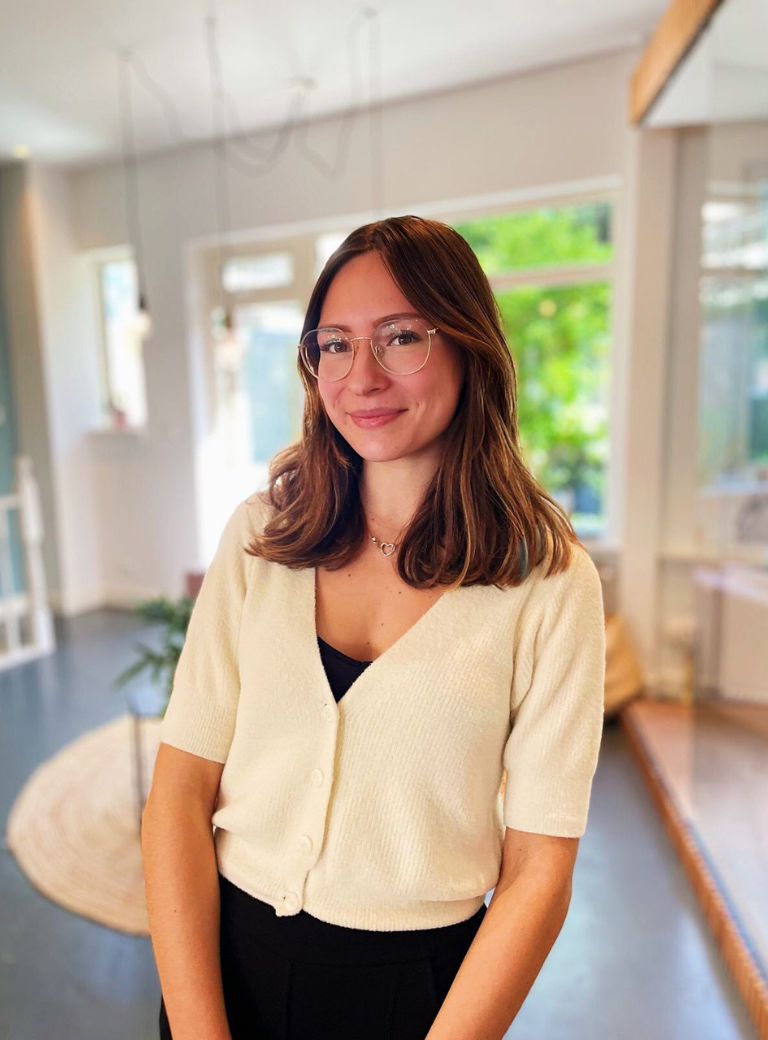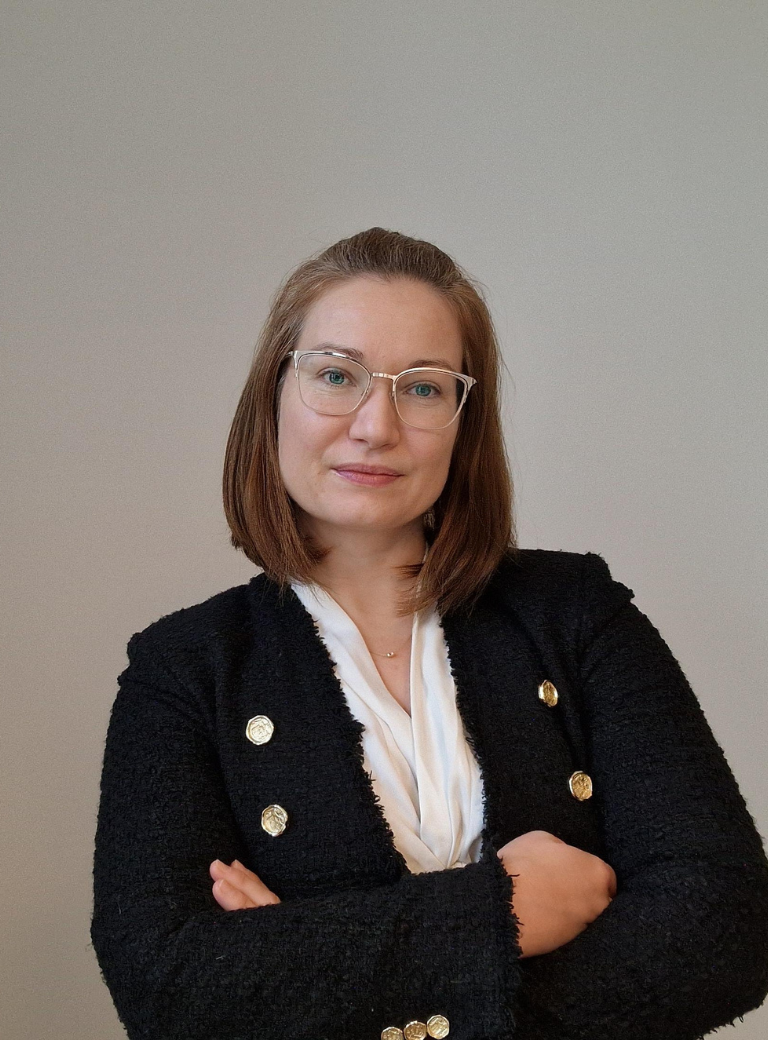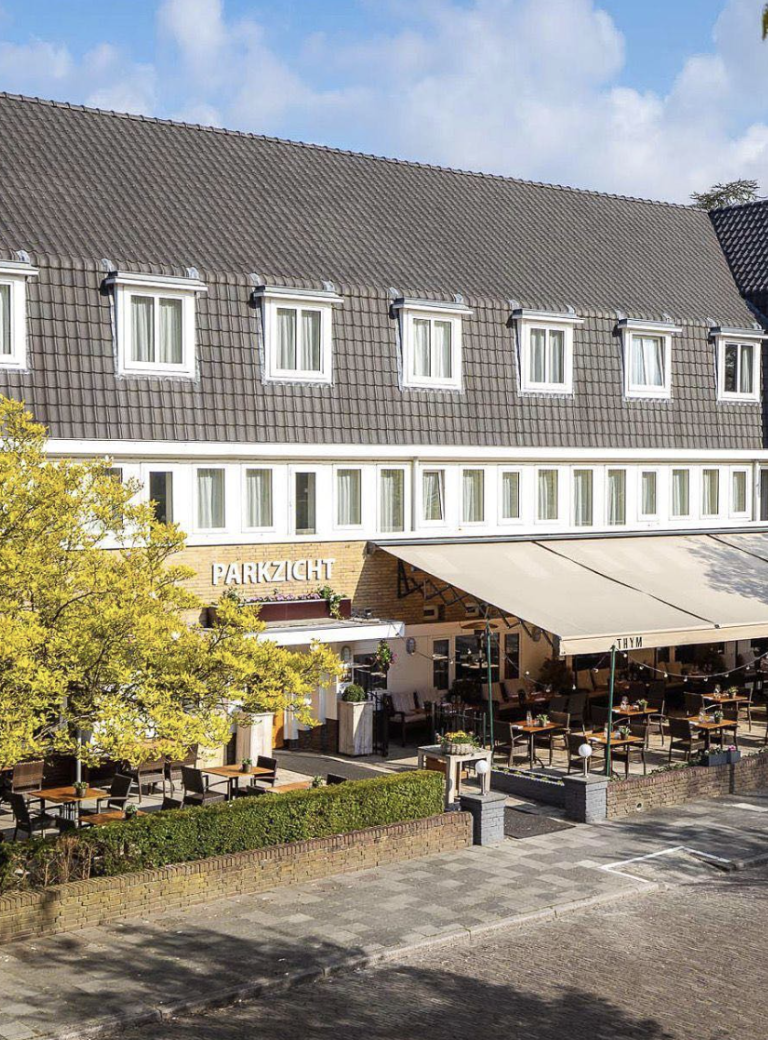

Meet alumnus Paul Geraeds, Vice-Chairman of The Netherlands Board of Tourism & Conventions
Written by Răzvan Dumitru.
Paul Geraeds is a Dutch alumnus who graduated from Hotelschool The Hague in 1986. Starting as a Chief Steward in Germany, he is today the Vice-Chairman of The Netherlands Board of Tourism & Conventions (NBTC). Meet this role model of hospitality experience and find out about his past, his aspirations, and the challenges that came along his many years in the industry.
Introductory note from one of the co-interviewers, Aleks Kozlowski:
I first had the pleasure of bumping into Paul back in 2017 when I was still only vaguely familiar with Hotelschool The Hague. Paul was a guest at the hotel where I was working at during my gap year. His intriguing and witty testimonies about both his work and our school were key motivators for my application. I am very glad to introduce this fantastic ambassador to others in the Hotelschool community. Enjoy the interview!
What did you do after graduating?
I was 21 at that time and was about to finish my second internship in London. While I was there, I remember receiving an invitation from the general manager of my first internship hotel in Frankfurt. My eagerness to start working in the hospitality industry made me ask whether the offer was still standing. And by doing so, I obtained the chance of going back to Frankfurt and start working as a Chief Steward (head of the dishwashers!) The biggest highlight of this experience for me was that we could not plan everything. Although it was not the most prestigious job, I believed in this “match” and went for it! Looking back, I strongly recommend taking unplanned chances to all for whom they may arise, as long as they fit your personal purpose.
Some of my colleagues and I were the first Hotelschool The Hague students to work there. Our manager was very impressed by our expertise and language skills, especially since there is no equivalent of our institute in Germany. Even though the beginning was quite hectic, this position taught me relevant lessons about creating a strong team and working in a multi-cultural context.
How would you describe your journey to the positions you are holding today?
I fulfilled many positions in multiple cultures. Each position, from Sales Director to General Manager and CEO had brought useful knowledge and amazing people. Among all the companies that I have worked for, Center Parcs represents the one that taught me the most. I fulfilled multiple positions which demanded different levels of responsibility. An example of a key position that I had was being responsible for the F&B offered by the largest Center Parcs village in Belgium. A full village represents 3.500 guests with 500 employees. Due to my performance, and a bit of luck, I became the General Manager of the village and later, board member of Center Parcs Europe.
One of the most impressive individuals that I have met during my time there was the founder of Center Parcs, Piet Derksen, one of the greatest entrepreneurs of The Netherlands. People such as him have inspired me through their uncompromising vision. At the same time, it was the period when I become aware of how important a good work-life balance is. Given that my routine was complex and involved weekly travelling across The Netherlands, Belgium and France, I gradually started to understand that working at such a pace can drain a person of energy faster than expected. Hence, my recommendation is to take a step back when we feel overwhelmed and simply enjoy seemingly insignificant things or moments, such as enjoying breakfast or a chat with unknown passengers in the Thalys instead of directly rushing through your e-mails.
What achievement are you most proud of?
The most challenging period of my career was when Center Parcs was bought by a venture capitalist. That was the time when I discovered how rewarding dedication can be. That period was exciting because we, as a small management team, were expected to deliver very challenging results in terms of quality, development and profitability for three consecutive years. The feeling of achievement was far greater since it was truly a collective achievement, putting personal or department issues aside. I am even prouder though of being the initiator of the sustainability program of Center Parcs and Pierre & Vacances, “Nature Deserves a Break”, which is still running today! Luckily, I can also tick-off ‘writing a book’ from my bucket list: The Confetti Company, a book written with my Hotelschool friend Luc van Bussel about creating a successful company culture.
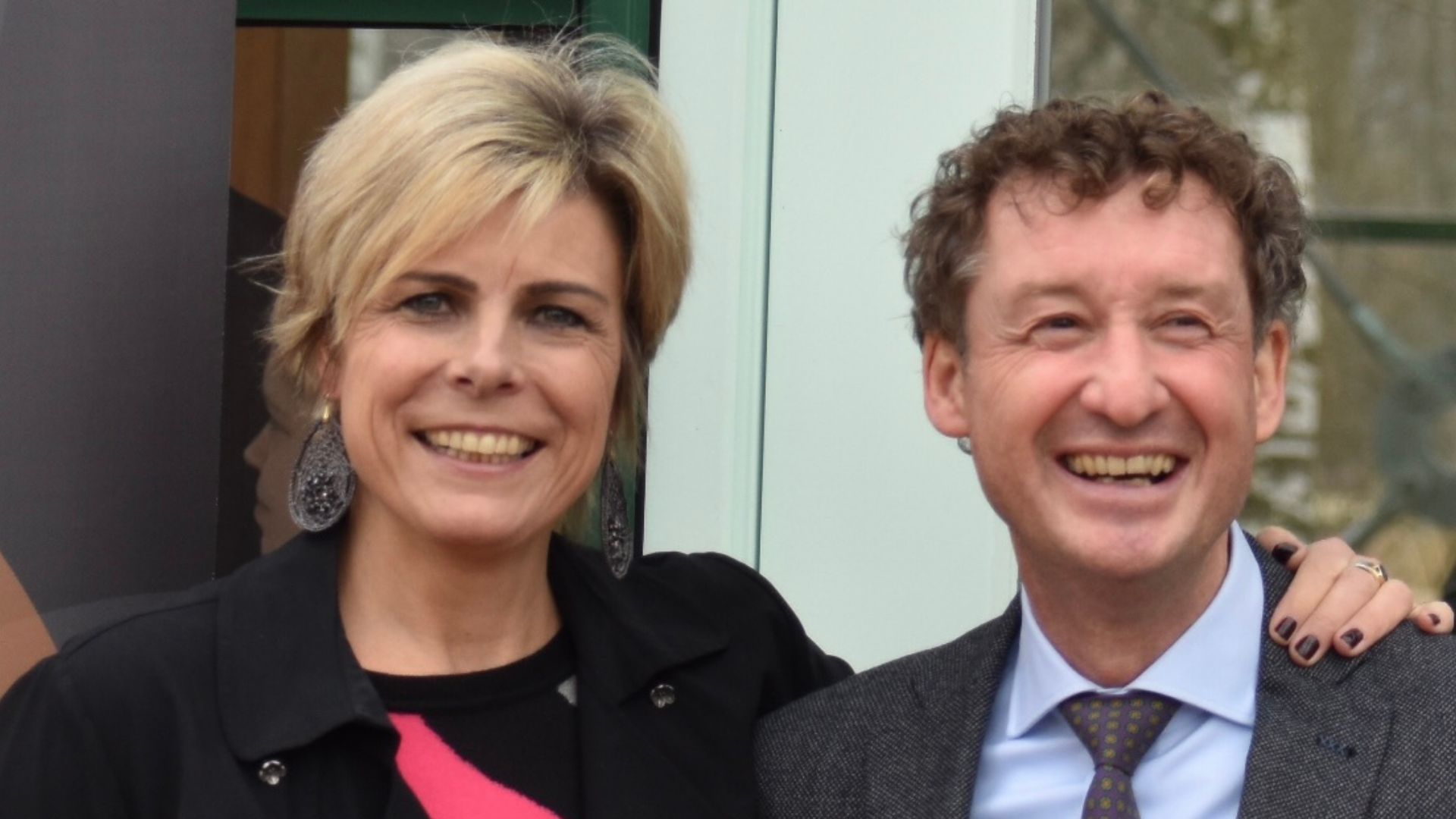
What do you consider your biggest failure?
Failures are unavoidable in life and should be embraced as valuable lessons. One failure that I would like to share with you can be traced back to the period when I was a CEO. Prior to the selling of the company, I had to appoint an interim manager. Together with members of the Supervisory Board we interviewed candidates from a highly recommended company of all senior (and expensive) experts. The person of our preference was not available, so we went for the second-best who had a similar profile and was convincing in his appearance. They had all the rational professional ticks in the box, but our instinct just said something else. In spite of our gut feeling, we made the decision to hire this individual. It turned out that our call was a big mistake: they were no match for the company and this had proportional consequences on the team.
The lesson learned was to never again let rationale overrule my instinct because it represents the primal choice that you unconsciously make.
What is your advice for students graduating in 2021?
In this ever-changing world, I think that it is important to always be open-minded and willing to learn. I believe we need to accept change whenever it happens and take opportunities that are offered to us even if they might not fit our original plans. I would like to illustrate this through an example.
During my search for a sustainability partner for the Kids Climate Conference, I approached HM Laurentien van Oranje. As the founder of the Missing Chapter Foundation, her skills and knowledge were exactly what we needed to engage in a dialogue with 150 children and CEOs on sustainability.

When I was interviewing CEOs and founders from businesses such as Tony's Chocolonely, CitizenM or Airbnb for our book, one of the people interviewed was Princess Laurentien. This contact led to me helping her foundation for a few months, before eventually becoming an associate partner for two years. For me this was a career-changing event: I was not returning to a traditional CEO job but rather putting my energy and experience into the more public cause. Today, I am an Independent Advisor, Chairman of The Dutch Association of Board Members and Directors (NCD) and Vice-Chairman of the Dutch Tourist board. I am loving it!
How do you envision the future of Dutch tourism?
We will see a substantial, unprecedented increase in domestic holidays, which is an advantage brought about by this pandemic: people have started to appreciate holidays in their own country. Everyone began to realise that there is so much to discover right around the corner, places where one can achieve complete relaxation and that allow for time to be enjoyed with family. Also, it is expected that people will start to become more and more aware of the pollution caused by flying. In this respect, digital meetings are here to stay even after this pandemic, having a major impact on business travel and congresses. The world will become hybrid.
Another highly discussed topic in this respect will be the difference between being eco-friendly and eco-neutral. Although this was previously perceived as a debate something exclusively for die-hard environmental advocates, it is now gradually becoming the new standard. Travellers become more conscious about their footprint and are keener on mitigation measures day by day.
We have also asked Paul a couple of more personal questions to help us get to know him better. Here is what we found out:
What is your favourite book?
The Secret History by Donna Tartt. Her first book, writing as a woman in a men’s perspective. How a one-minute event completely changes the lives of a bunch of close friends.
What is the first part of your routine?
Apart from coffee, I am a radio addict. In the bathroom, kitchen, walking, or in the car, I always have the radio with business news on.
What is the greatest lesson you learned at Hotelschool The Hague?
To be culturally aware! This is so underestimated. Read between the lines. During my 10 years in France, I saw German and Dutch colleagues struggle and give up because could not “read” the French culture. I hold this quality in very high regard. It will probably be the theme of my next book…
